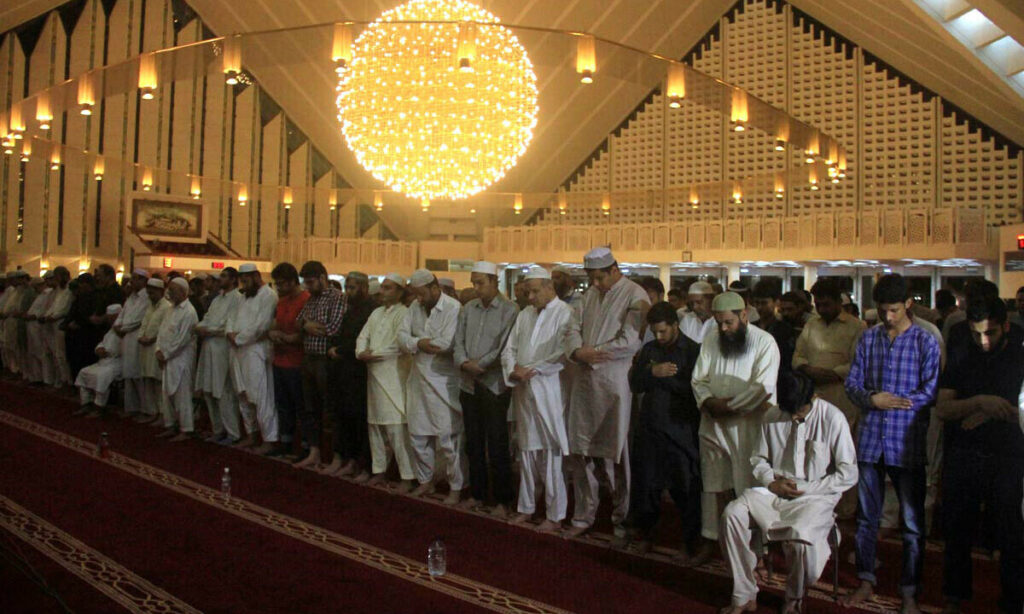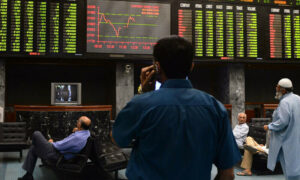Ramadan is the ninth month of the Islamic calendar and one of the holiest months for Muslims worldwide. It is a month of introspection, mental renewal, and worship of Allah. During Ramadan, Muslims around the globe fast from sunrise to sunset for one month. Fasting is one of Islam’s Five Pillars, and Ramadan is the month when this tenet is practised.
Ramadan is a month dedicated to spiritual reflection and greater devotion to Allah. During this month, Muslims are urged to devote more time to prayer and meditation. It is thought that the gates of heaven and hell are open during Ramadan, making it an ideal time for self-reflection and spiritual growth. It is a time to repent of one’s sins, donate to charity, and strengthen one’s connection with Allah.
The fast is an important aspect of Ramadan. Every day, Muslims fast from sunrise to sunset, abstaining from food, drink, and other physical requirements. Fasting is intended to teach self-control, self-discipline, and tolerance. It is also a means to demonstrate solidarity with those who are less privileged and to cultivate empathy for the hungry and needy.
Ramadan is also a time for socialising and building community. Every evening, Muslims break their fast together in a feast known as Iftar. Iftar is often a joyful occasion, with families and friends gathering to share a meal and honour the month’s blessings. Many churches and community centres host Iftar meals, allowing people to gather and break their fast in the company of others.
Muslims are encouraged to give to charity and assist those in need during Ramadan. Zakat, one of Islam’s Five Pillars, is the deed of giving to those in need. During this month, Muslims are supposed to donate a certain percentage of their earnings to charity. This act of giving is intended to benefit those in need while also strengthening group bonds.
Along with fasting and charitable giving, Muslims are urged to spend more time reading the Quran during Ramadan. The Quran is Islam’s holy book, and it is believed that the rewards for reading and comprehending the Quran increase during Ramadan. During the month of Ramadan, many Muslims attempt to read the complete Quran, frequently attending nighttime prayers at the mosque to do so.
Ramadan is also a period for reconciliation and forgiveness. Muslims are urged to seek forgiveness for their transgressions and to make amends with those who have wronged them. It is time to let go of grudges and concentrate on developing good relationships with others.
As Ramadan draws to a close, Muslims enjoy Eid al-Fitr, a holiday commemorating the end of the month-long fast. Eid al-Fitr is a holiday in which families and friends gather to enjoy a meal and exchange gifts. It is also a time to express gratitude for the month’s blessings and to continue the spiritual growth that started during Ramadan.
Finally, Ramadan is a month of contemplation, spiritual renewal, and loyalty to Allah. It is a moment for self-control, self-discipline, and patience. It is also a moment for fellowship and socialising. During this month, Muslims are encouraged to contribute to charity, read the Quran, and seek forgiveness and reconciliation. The fast is an important component of Ramadan because it teaches self-control and empathy for those in need. As the month draws to a close, Muslims observe Eid al-Fitr, a time to offer thanks for the month’s blessings and to continue the spiritual growth that began during Ramadan.
Tanveer Ali Maken
- Tanveer Ali Maken#molongui-disabled-link








